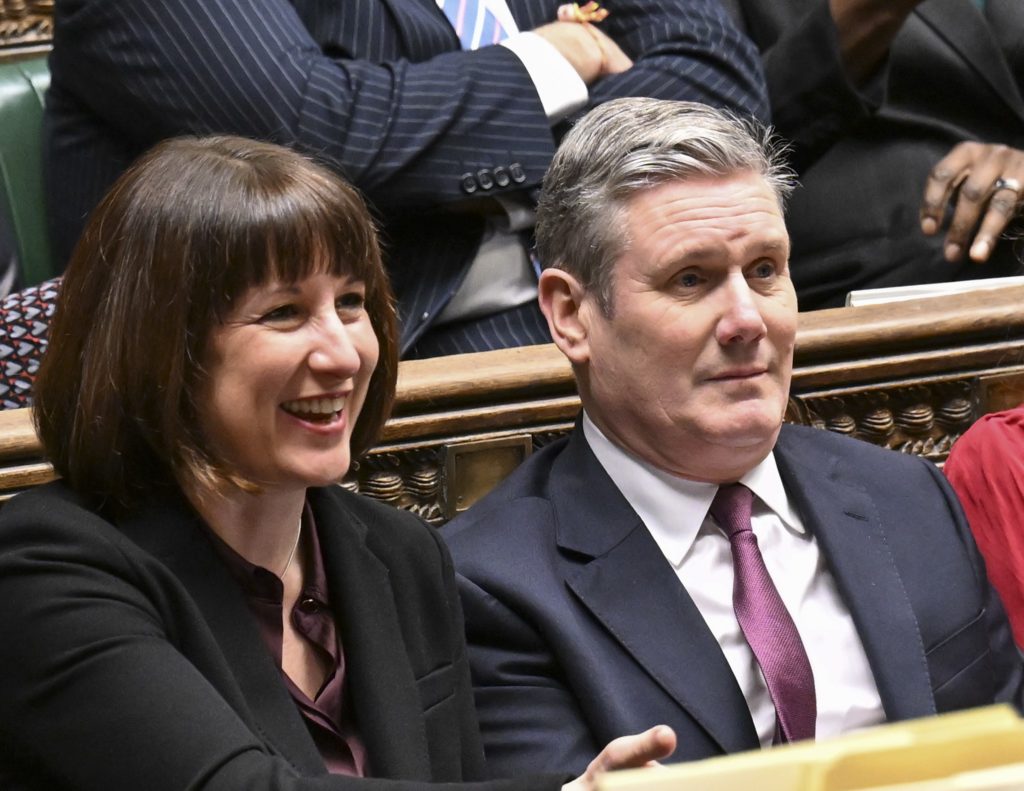
By Professor John Bryson
Birmingham Business School, University of Birmingham
There are many way of describing the Labour budget. To some in Labour, the budget process has been described as “a mess” whilst others use words like “chaos” and “carnage”. These descriptions apply to discussions regarding departmental budgets. All this is very Yes Minister. In this sitcom, a minister was there to defend the department’s budget and to ensure that it increased year-on-year.
The problem with the UK is “that British political discourse is broken, rather than Britain itself”. Words like ‘mess’, ‘chaos’ and ‘carnage’ reflect expectations of Labour MPs, and Labour supporters, that the Starmer-Reeves project will be a time for ‘investment’ in public services.
The term investment has multiple meanings. An investment should come with measurable returns. There should be clearly stated key performance indicators that can be applied to determine the real success or failure of an investment. However, for UK politicians the concept of an ‘investment’ has quite different meanings.
Investment includes investing in public services, defined as raising the amount spent by a government department. It does not mean enhancing the quality of public service provision combined with appreciating that any additional ‘investment’ must come with productivity gains.
The NHS is a classic case. The UK government funds public service provision, but departments and their ministers seem unable to treat the application of public funds as ‘investments’ with measurable returns. These measurable returns must include measures of service quality, inclusion, and return on funds deployed.
There is another type of investment made by government. In this case, politicians argue that they are borrowing to invest and that there will be gains that are never well-defined. These are infrastructure investments that are intended to provide the foundations for this country’s future. There are many problems here. One is the inability of government departments to apply robust and transparent measures regarding the expected returns on these investments. Another is the failure to highlight an investment’s opportunity costs, or the loss of other alternative outcomes when a decision is made to invest in some project.
Words like ‘mess’, ‘chaos’ and ‘carnage’ describe the ways in which the October 2024 budget has been managed. There have been too many hints, and too much juggling of different budget solutions. The outcome has been a wave of uncertainty that has had a negative impact across the UK. The one thing that politicians should avoid is creating uncertainty amongst investors, job creators and consumers. This chaos comes from Labour’s promise not to raise taxes on working people. However, like nearly everything in the world of this country’s broken politics reality rarely matches the political rhetoric. Thus, after 30 October 2024, working people across the UK will be paying more tax.
Politicians will have many photo opportunities to announce billions of pound of investment, but these are political investments that might create political, rather than societal, returns.
On 30 October 2024, the Chancellor will raise taxes, and this will be combined with manipulating fiscal rules to permit more borrowing and departmental spending will be constrained. It is important to remember that there is really no need for the UK to raise taxation to the level that might be set on 30 October. This is a Starmer-Reeves choice and there are alternatives that come with different opportunity costs.
The fiscal rules to increase borrowing to support UK government investment will be changed. But this will be ‘investment’ defined politically. Politicians will have many photo opportunities to announce billions of pounds of investment, but these are political investments that might create political, rather than societal, returns. Governments and politicians are unable to read the future, and they have an unbelievably bad history with so-called investments. Borrowing to invest is a gamble; like all investments their value can go down as well as up.
It is important to appreciate the scale of UK government debt. By December 2023 this stood at £2,720.8bn. There are two other figures that are much more important in any evaluation of the UK’s national debt. In the financial year 2023/24, the UK government borrowed £120bn., or around £1,780 per head of the UK’s population, but also spent £102bn. on debt interest. Much of the annual fiscal deficit is linked to interest repayments and our politicians are borrowing to cover this interest. This makes no sense.
The Starmer-Reeves plan is to borrow an additional £50billion. All this will do will increase the amount that this country spends on interest. It also reduces national resilience as it limits this country’s ability to borrow in response to some future unexpected shock, for example another pandemic. It is time for a new form of competent and responsible governance in the UK that really accepts that dramatic productivity enhancements are required in public service delivery and that in 2024 borrowing to invest comes with too many additional risks.
-
- Read more about Professor John Bryson
- Back to Social Sciences Birmingham
The views and opinions expressed in this article are those of the author and do not necessarily reflect the official policy or position of the University of Birmingham.
